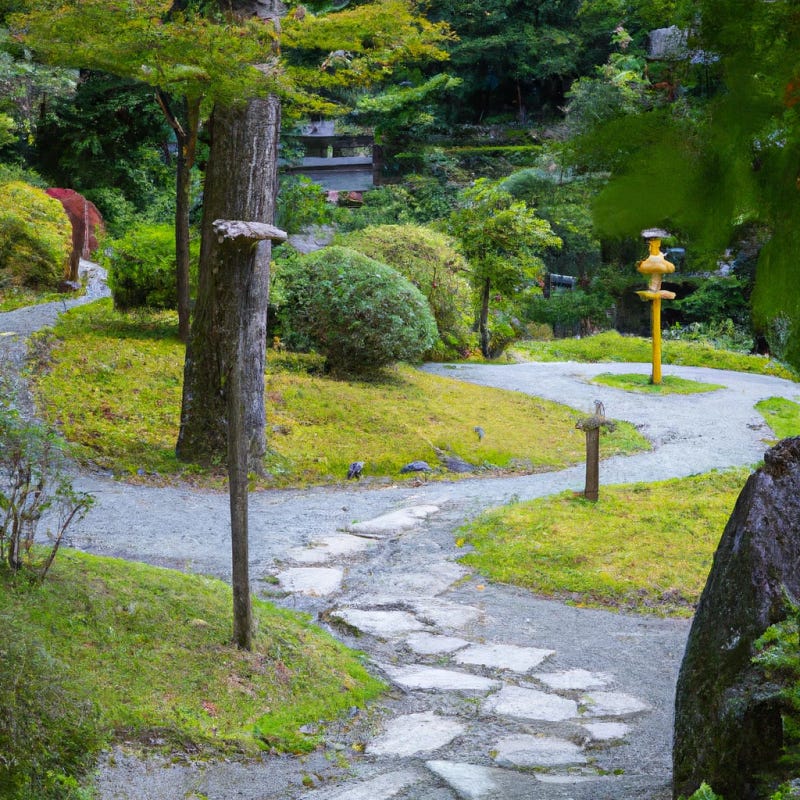Embracing the Crossroads of Every Moment: A Path to Transformation
Written on
Chapter 1: Understanding Karma
Karma is often perceived as a cycle of being trapped in circumstances beyond our control, leading to the idea of reincarnation into various forms like animals or insects.

However, this perspective on karma can be misleading. What if I were to propose that this fatalistic interpretation is incorrect? Instead, karma offers a hopeful Buddhist perspective that empowers individuals to take charge of their lives.
Karma can be understood as a guiding principle that places us in control of our destiny, allowing us to navigate our lives more skillfully. Many people see karma simply as the notion that our actions return to us, which is a basic but significant understanding. Yet, it is far more intricate. On one hand, there are elements of our lives that we cannot change, but on another, we possess the ability to influence our lives moment by moment.
Section 1.1: The Limitations We Face
We did not choose our circumstances at birth. We lack control over who our parents are, our ethnicity, the environment in which we grew up, or the socioeconomic conditions of our upbringing.
In traditional Buddhism, these factors may relate to karma in some manner. Nevertheless, engaging in speculation about their precise origins is often unproductive, leading to more questions than clarity.
What purpose does it serve to dwell on aspects we cannot alter?
Subsection 1.1.1: What We Can Change
The conventional view of karma is insightful here:
Karma reflects that the energy we project into the world ultimately returns to us.
Although we may be unable to change many foundational aspects of our existence, we have the freedom to make more skillful choices at each moment, which can positively transform our lives. This means we can work to manage our anger, develop new coping mechanisms, or even take steps toward sobriety.
We can acquire new skills for both personal and professional growth. Furthermore, we can mend damaged relationships and alter self-sabotaging habits.
At any moment, we possess significant freedom in how we respond to life's challenges. Although much of life may seem undefined, with practice, we begin to understand that choosing to act kindly, peacefully, and productively leads to favorable outcomes. Conversely, engaging in deceitful or harmful behaviors results in negative consequences, both in the present and potentially across lifetimes.
Chapter 2: The Crossroads of Each Moment
Reflect on instances in your life where you faced a decision point, choosing between two distinct paths. At that juncture, you encountered a crossroads, deciding between habitual responses or embarking on new beginnings.
These moments do not always have to signify monumental life changes; they can be as simple as managing your anger when confronted with a rude driver or creating space to process anxiety rather than succumbing to overwhelming thoughts.
Every single moment presents us with a choice. Breath by breath, we have the opportunity to alter the course of our lives. This principle of karma provides us with immense freedom, enabling us to redefine our destinies.
The second video, "Finding God in Every Moment | Living a Life of Faith," explores how faith can guide us in making mindful decisions at life's crossroads.